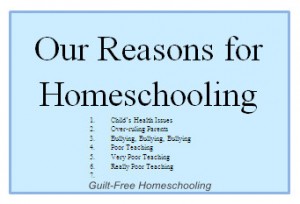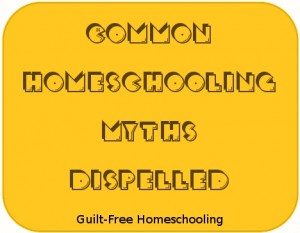[This article was written by Jennifer Morrison.]
It is raining today. The type of rain that is so heavy that when a drop hits your nose, and they frequently do, it is heavy, and bounces all over. The water quickly soaks your pants as you briskly walk to the car, but you do not really mind because it is just warm enough to be ok. The cloud cover is heavy, and makes even the indoor lights seem dimmer.
I remember many such days like this from when I still attended public school. Everyone’s nerves were on edge because the weather was unpleasant, and recess was held indoors (in quarters that were way too close) instead of being able to go outside and run. I found myself hating the rain, and letting my mood become changed because of that awful, nasty rain.
Today however, when the first raindrops hit my face, I smiled. I saw how the rain was washing away all the salt from the winter road protection. I saw how God was giving the world a much-needed bath. I thought about how dehydrated I get in the dry environment that I work at, and how the earth was getting a much needed drink. As I thought more and more about the rain, my only depression came from the thought that I was being kept indoors for work, and that I could not go play in the gutters, racing sailboats with my brother, or just running through the mud with my dog (who, believe me, loves mud!).
When we homeschooled, we were encouraged to enjoy the rain, we took naps, or read a book to the calmness of the rain. I learned of God’s beauty, and find myself now thinking about HIS plan before complaining about things. Imagine how I could have let a perfectly good rain ruin my day simply because of how it used to make everyone at school cranky. Instead I can see God’s perfection, His provision, and His love, and I smile with every raindrop that hits me, and laugh as my pants get soaked.
Maybe it’s silly, but sometimes I think a good soak in the rain feels like a big wet hug from that friend who just came off of a water ride or out of the pool and grabs you, to make sure you get soaked too, and you both laugh.






 Guilt-Free Homeschooling is the creation of Carolyn Morrison and her daughter, Jennifer Leonhard. After serious disappointments with public school, Carolyn spent the next 11 years homeschooling her two children, from elementary to high school graduation and college admission. Refusing to force new homeschooling families to re-invent the wheel, Carolyn and Jennifer now share their encouragement, support, tips, and tricks, filling their blog with "all the answers we were looking for as a new-to-homeschooling family" and making this website a valuable resource for parents, not just a daily journal. Guilt-Free Homeschooling -- Equipping Parents for Homeschooling Success!
Guilt-Free Homeschooling is the creation of Carolyn Morrison and her daughter, Jennifer Leonhard. After serious disappointments with public school, Carolyn spent the next 11 years homeschooling her two children, from elementary to high school graduation and college admission. Refusing to force new homeschooling families to re-invent the wheel, Carolyn and Jennifer now share their encouragement, support, tips, and tricks, filling their blog with "all the answers we were looking for as a new-to-homeschooling family" and making this website a valuable resource for parents, not just a daily journal. Guilt-Free Homeschooling -- Equipping Parents for Homeschooling Success!

Recent Comments